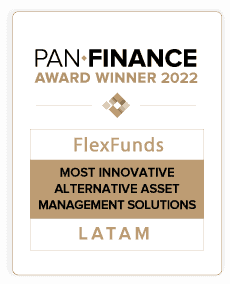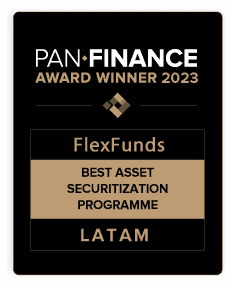This article highlights the importance of a key figure in the alternative asset management universe: the Hedge Fund Manager.
What are the differentiating characteristics of a Hedge Fund, and how do they affect Hedge Fund Management? What exactly does a Hedge Fund Manager do? What qualities do they need? How do they stand out in this profession? Here are the answers.
What is a Hedge Fund Manager?
A Hedge Fund is an unrestricted investment fund, a Hedge Fund Manager is the person or company in charge of its administration. However, it is not just any Fund Manager; it has several distinctive features due to the nature of the products it manages.
Unlike a traditional investment fund, a Hedge Fund is characterized by fewer legal constraints when investing. It is an investment vehicle with great flexibility. Therefore, the manager must consider additional elements to develop its functions.
Hedge funds seek returns independently of the performance of the financial markets. Therefore, a hedge fund manager can take short positions and seek absolute returns through complex strategies.
They have no restrictions on the types of assets they can incorporate into their investment portfolio (real estate, commodities, currencies, etc.). In addition, it usually operates on margin (financial leverage) to achieve higher returns.
Generally, their fees are directly related to the returns obtained. The cost structure of a Hedge Fund usually incorporates a success fee and the management fee itself.
What does a Hedge Fund offer?
Hedge Funds fulfill an essential role in the financial system: they serve as alternative investment vehicles. They are the right instrument to shape this type of strategy for the following reasons, among others:
- They have a more significant potential to optimize the relationship between return and risk. Traditional investment is based on “long-only” strategies.
- They can take advantage of bear markets to generate positive returns.
- They have more instruments to generate a sustainable “Alpha” over time since regulations do not constrain them.
- They allow a significant diversification among assets of different nature.
- They can concentrate their strategy on one or a few specific assets (current investment funds have restrictions concerning capital concentration).
- Due to a large number of investments strategies, they can put together and their flexibility, they take advantage of all the opportunities that arise.
On the other hand, a hedge fund is a complex instrument, or rather, it adopts complex investment strategies and must be managed effectively. Since it seeks to generate higher returns, the risk assumed is also higher. Therefore, Hedge Fund Management requires the implementation of a range of skills.
What does a Hedge Fund Manager do?
The main tasks of a Hedge Fund Manager are not very different from those that any fund manager may have.
The overall objectives and policies must be clear to initiate the process of investment management. They may include restrictions on hedge fund management imposed by the promoters of the investment vehicle.
Thus, the Hedge Fund Manager may assist in carrying out these tasks, but they generally adapt to the fund’s overall strategy.
Promoters often determine a broad enough strategy to allow them to operate and make decisions. In this way, the manager can have room for maneuvering to use the capital at their discretion. An investment strategy that is too narrowly defined can result in missed opportunities.
On the other hand, one of their main challenges is cash management. They must decide on reserves without losing sight of optimization. Similarly, they have to manage aspects such as leverage and risk, the latter being one of their main tasks.
In short, the mission of a Hedge Fund Manager is to execute the strategy in such a way as to achieve the best risk/reward ratio.
What does it take to become a fund manager?
Generally, when it comes to alternative investments, investors prefer clearly defined strategies; focused on a particular area or asset class.
In this regard, the fund manager must have experience and focus in the field of the selected investment strategy.
As discussed above, there may be some leeway in developing the strategies and the ability to manage capital on a discretionary basis. Therefore, they should be knowledgeable about asset allocation and portfolio management theory. In addition, they must have many other soft skills such as organization, leadership, etc.
A university education related to finance, economics, or business administration can be the starting point to achieving the skills of analysis, valuation, selection, and allocation of assets to a portfolio.
However, great fund managers did not start their careers with any educational backgrounds (Peter Lynch is the clearest example, although he later obtained an MBA).
There are three leading roles in gaining access to funding management:
- Investment analysts.
- Portfolio managers.
- Traders.
If you manage a Hedge Fund or plan to implement an alternative investment strategy in this product, securitization of your investment strategy may be an excellent alternative to broaden distribution and facilitate access to international investors. Contact FlexFunds, and one of our representatives will offer you the solution that best suits your needs.







